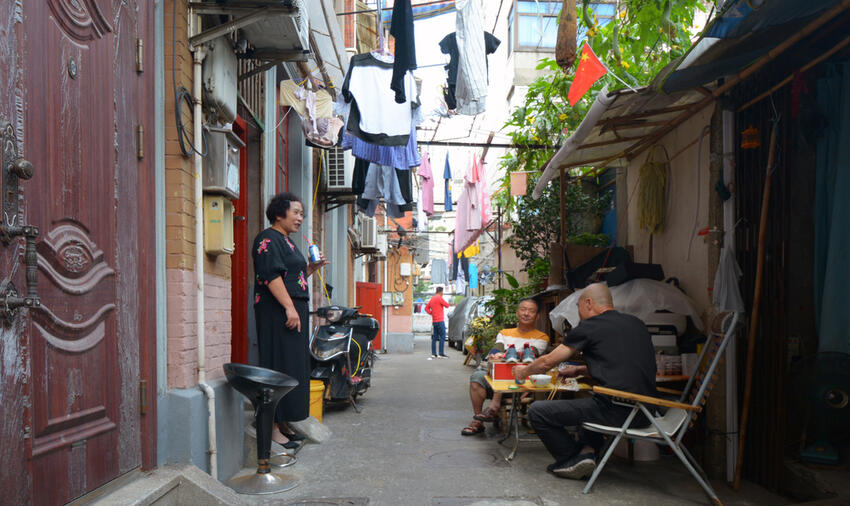Neighborhood and community effects in East and Southeast Asia
Neighborhood and community effects in East and Southeast Asia

 Centre of Shanghai - Area due for demolition (Image Dave Colman / Shutterstock)
Centre of Shanghai - Area due for demolition (Image Dave Colman / Shutterstock)
OSC Scientific Seminar 2021-2022
Friday 10th December 2021, 11:30 am / 1 pm
On-site (Percheron room) – Also in hybrid format via Zoom (for external audience)
Neighborhood and community effects in East and Southeast Asia, a systematic review and meta-analytical exploration of publication bias
Jaap Nieuwenhuis
Assistant professor, University of Groningen, Department of Sociology
 Neighborhood and community effects have been studied at an increasing rate in the Western literature since three decades and have informed urban policies such as housing voucher and neighborhood regeneration programs.
Neighborhood and community effects have been studied at an increasing rate in the Western literature since three decades and have informed urban policies such as housing voucher and neighborhood regeneration programs.
Since about ten years, this line of study is seen more and more in the East and Southeast Asian region as well. As an emerging field in this part of the world, the literature has yet to be critically reviewed and its body of literature provides a unique opportunity to study the effects different research communities might have on the development of neighborhood and community effects.
This systematic review brings together 165 studies about neighborhood and community effects in East and Southeast Asia and first gives an overview of this literature, followed by a critical appraisal of this literature, with a specific focus on publication bias.
The results show that due to publication bias, the “true” neighborhood effect might be overestimated in this literature. Health research shows greater publication bias than human geography and general social science. Studies by only local scholars are more prone to bias than studies from collaborative teams or only nonlocal scholars. This suggests that this field is either relatively early in its life-cycle, where proving the neighborhood effects thesis is still attractive, or that publication pressure is much higher in Asia compared to the West.
In sum, the current state of this literature makes broad generalizations difficult, but the ongoing maturation makes this field an interesting one to follow.
Registration is mandatory (the link for the videoconference will be sent one day before)









